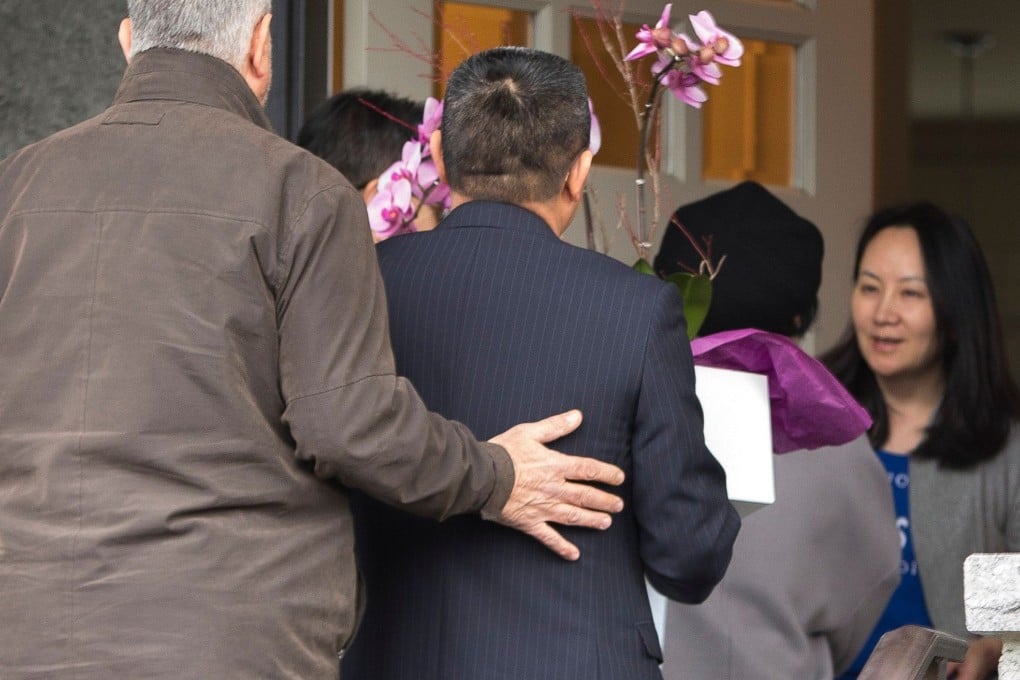Advertisement
Opinion | Huawei tit-for-tat: the US may have a better case against Meng than China does against two Canadians
- David Zweig says the Huawei CFO was arrested for an offence committed by her, not her company, and was allowed to hire a lawyer. Canada has treated her more fairly than China is treating two Canadians in detention
Reading Time:3 minutes
Why you can trust SCMP

There are legal, political and technological facets to the Huawei incident that bear further examination. Meng Wanzhou, the chief financial officer of the Chinese electronics company, was arrested in Canada in December on fraud charges involving United States sanctions on Iran.
Advertisement
From a legal perspective, it must be noted that the case is not that Huawei allegedly used a subsidiary to skirt US sanctions on selling US technology to Iran. If that were the case, the argument of Columbia University professor Jeffrey D. Sachs – that Meng is being treated unfairly because the CEOs and CFOs of many companies guilty of similar offences have never been arrested – would hold water.
But, according to Julian Ku, writing for the Lawfare blog, Meng is likely to be charged with violating the US bank fraud statute. She is alleged to have tricked HSBC into processing Huawei’s transactions, when she denied that the telecom giant was connected to Skycom Tech , a Hong Kong company trying to sell US technology to Iran. She is alleged to have put the bank in legal jeopardy because financial institutions operating in the US are subject to US sanctions on Iran. Thus, the case involves an offence allegedly committed by her, not the company.
On the other hand, China’s detention of Canadians Michael Spavor and Michael Kovrig in particular raises concerns for all foreign researchers who visit China regularly and meet colleagues to discuss China’s policies and links with the world. Are we now breaking Chinese law when, without formal approval, we meet our Chinese colleagues who study regional politics?
According to the Foreign Ministry, China is handling the cases according to law. Kovrig is allowed only one consular visit a month and has no lawyer. In keeping with standard detention practice in China, he is also being interrogated three times a day, and not allowed to turn the lights off at night. In comparison, Meng has hired a Canadian lawyer and is out on bail in her own home in Vancouver. Now, which of the two countries is following the rule of law? How has Canada violated Meng’s human rights, as China claims?
From a political perspective, Meng’s arrest was poorly timed. Although the arrest warrant was issued in August and the Trump administration is not necessarily able to intervene in the Justice Department’s cases, the US would have been wiser to hold off arresting Meng until after the resolution of the trade war with China. Huawei is seen in China as a privately created national champion, and is the pride of a country that hungers for global recognition for its brands. So it is inevitable that Chinese civilians are going to see Meng’s arrest as politically motivated.
Advertisement

Advertisement
